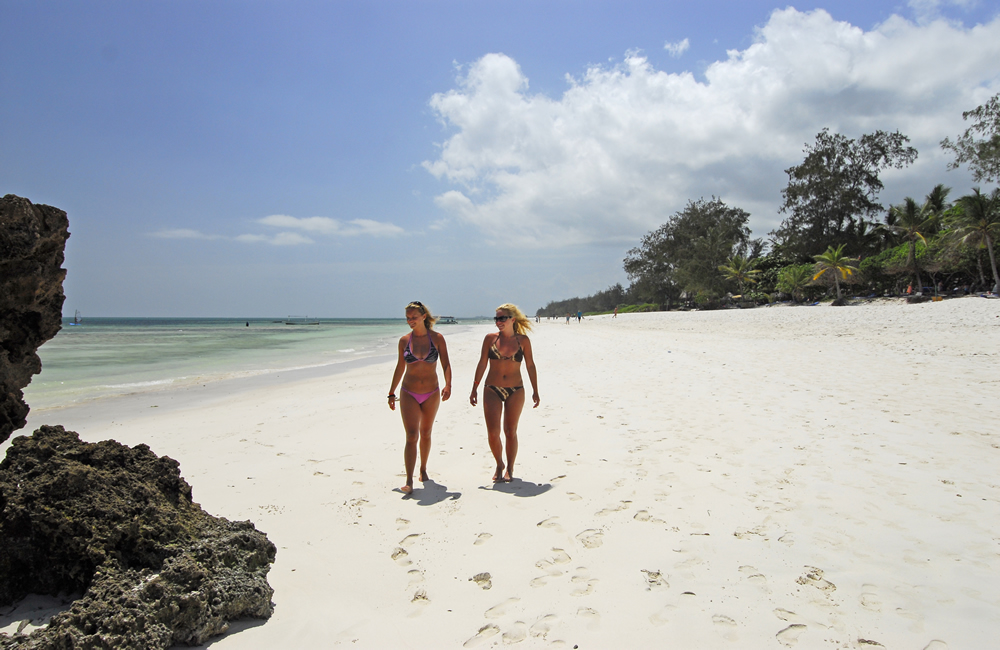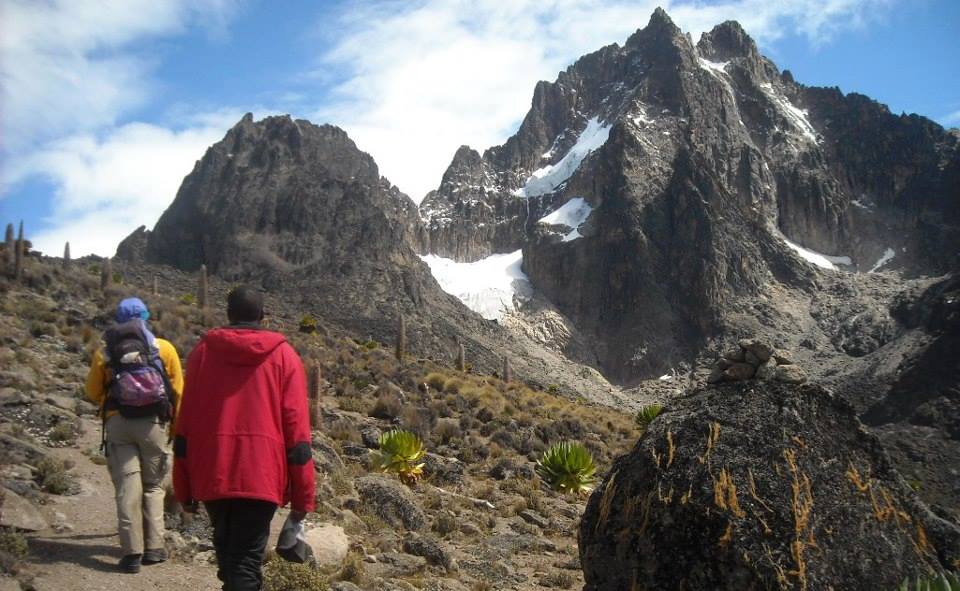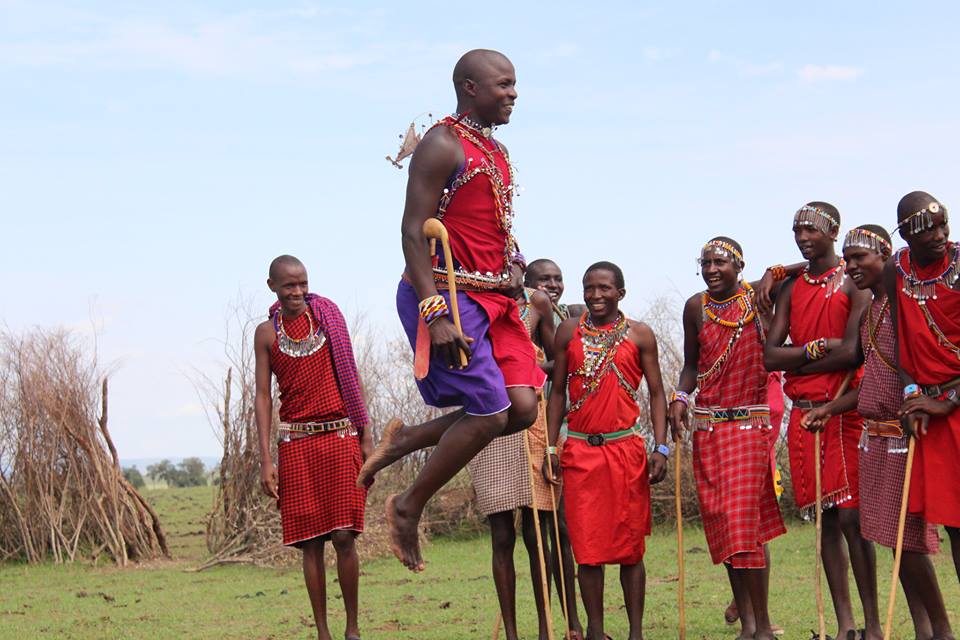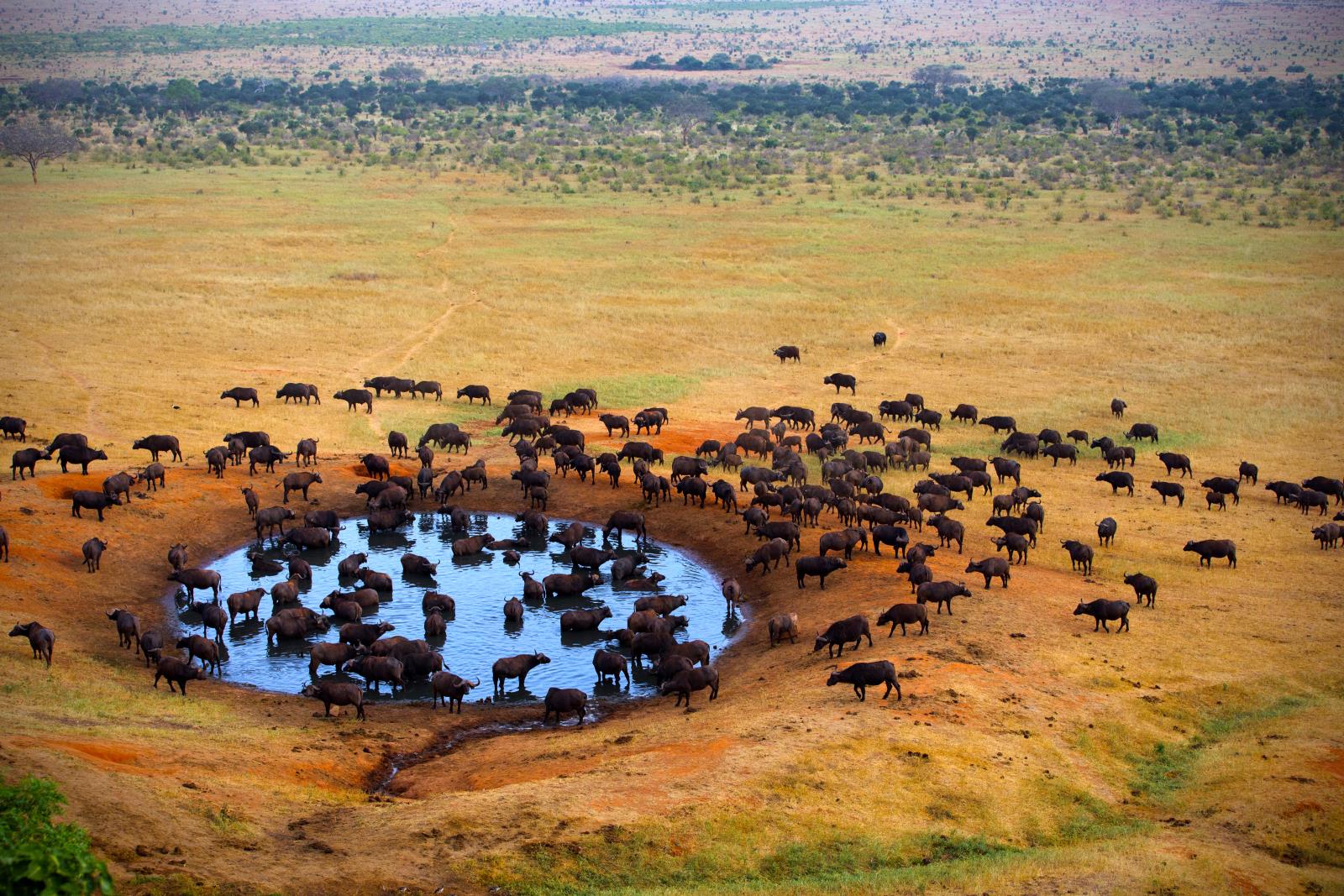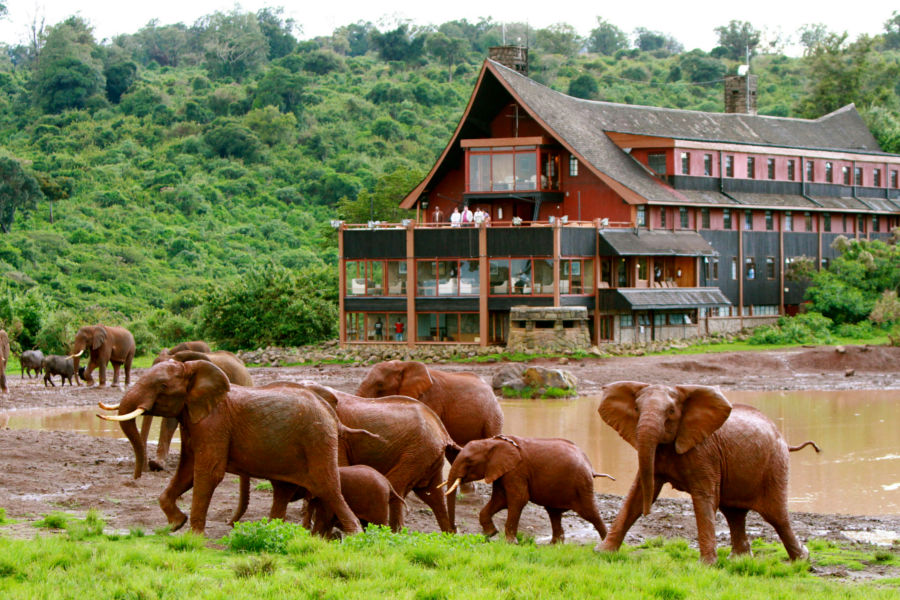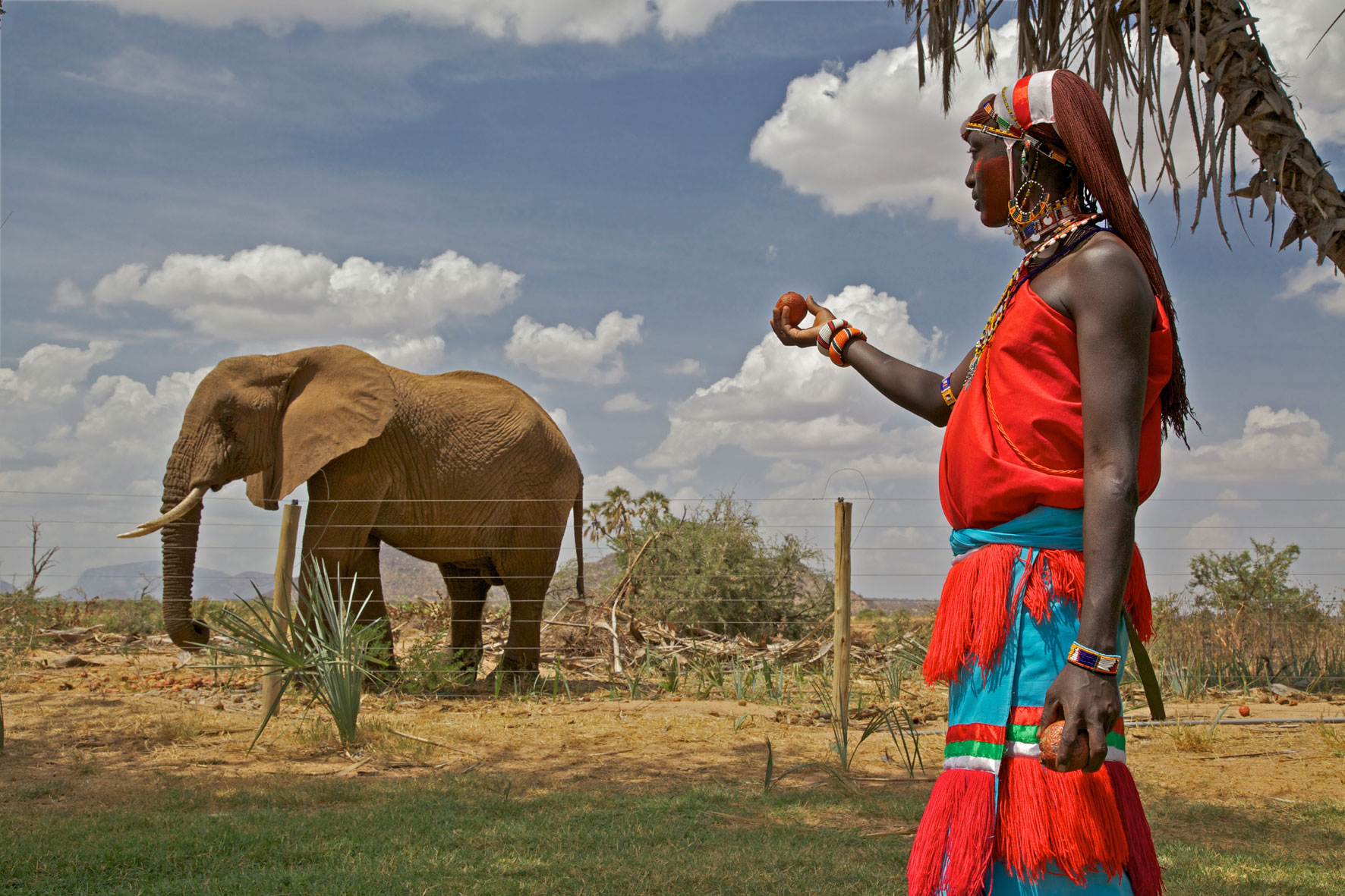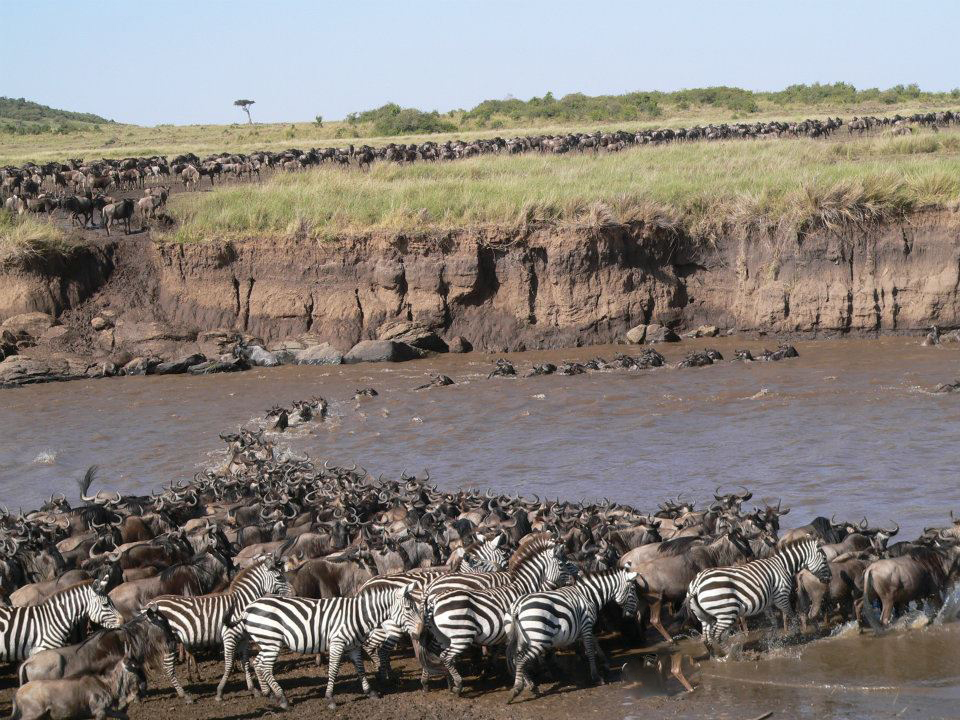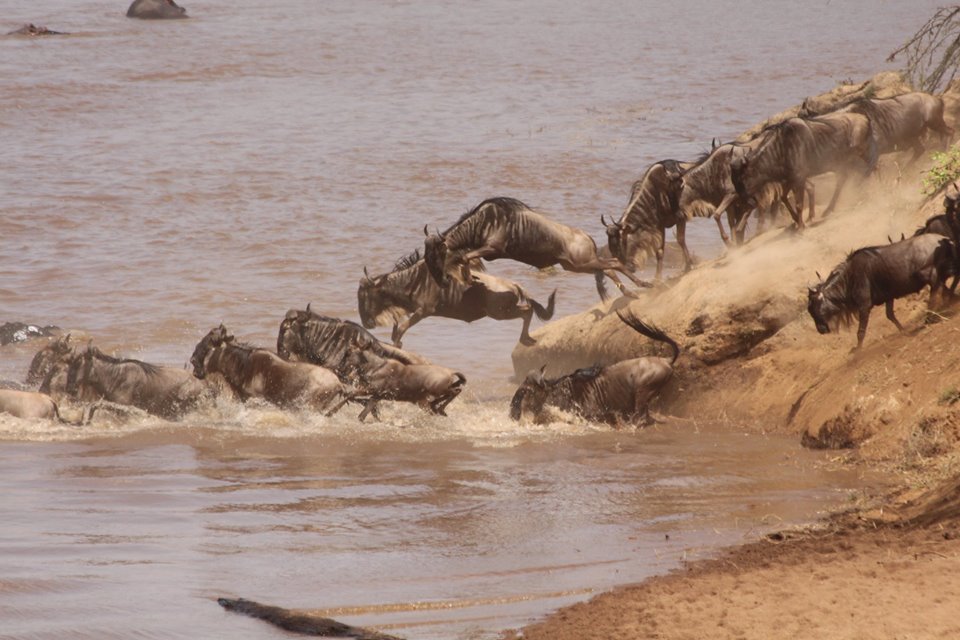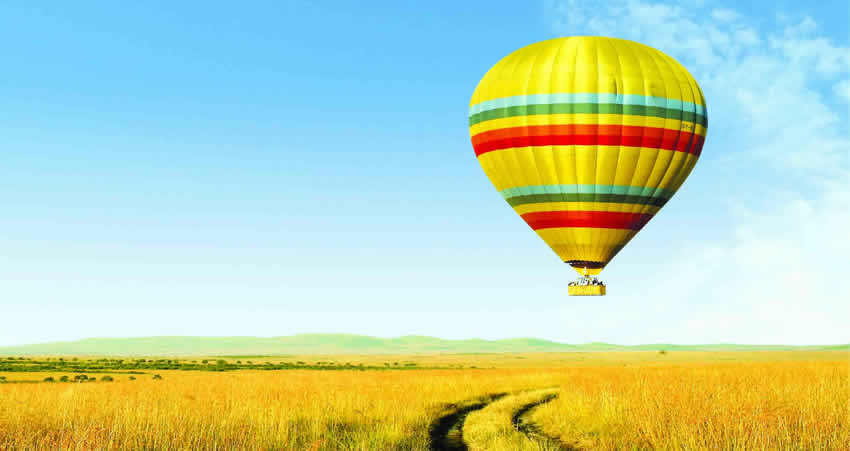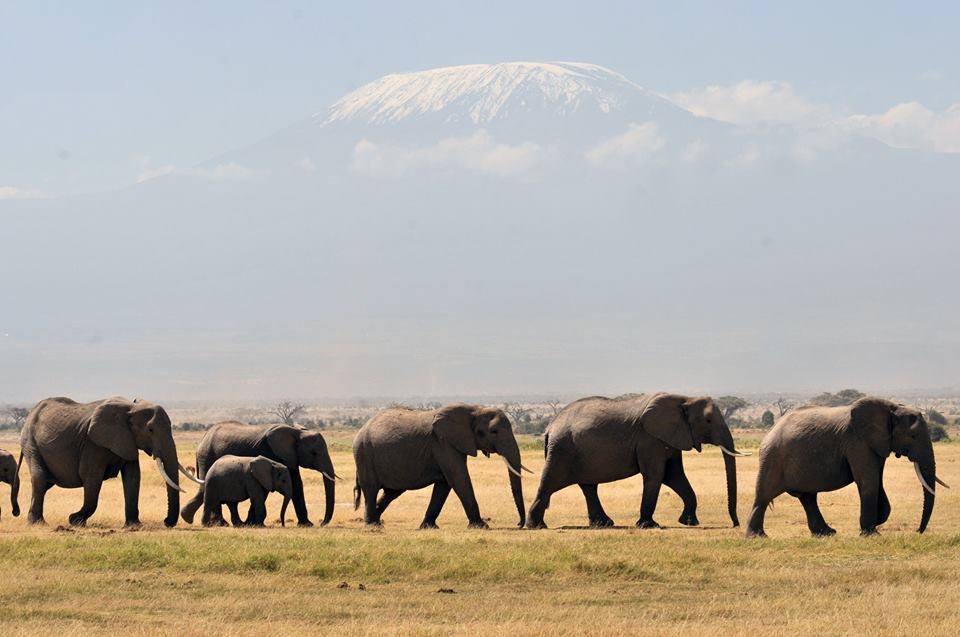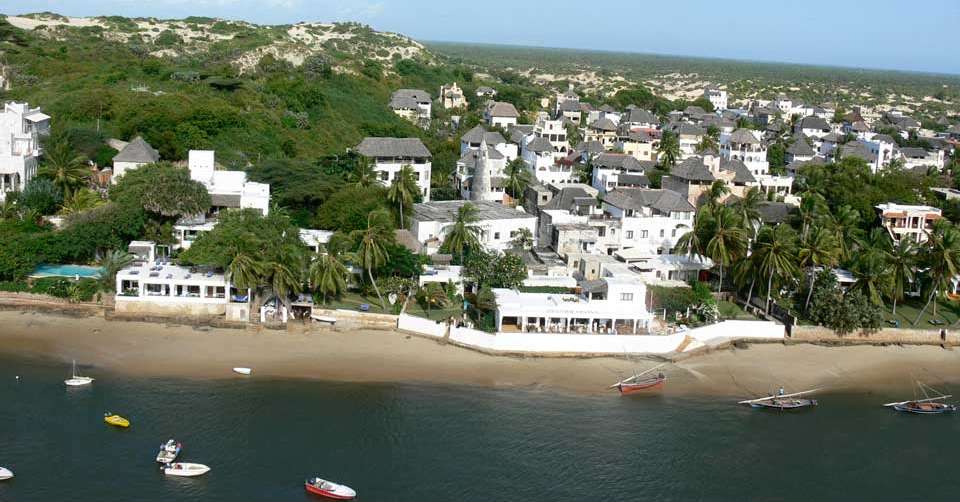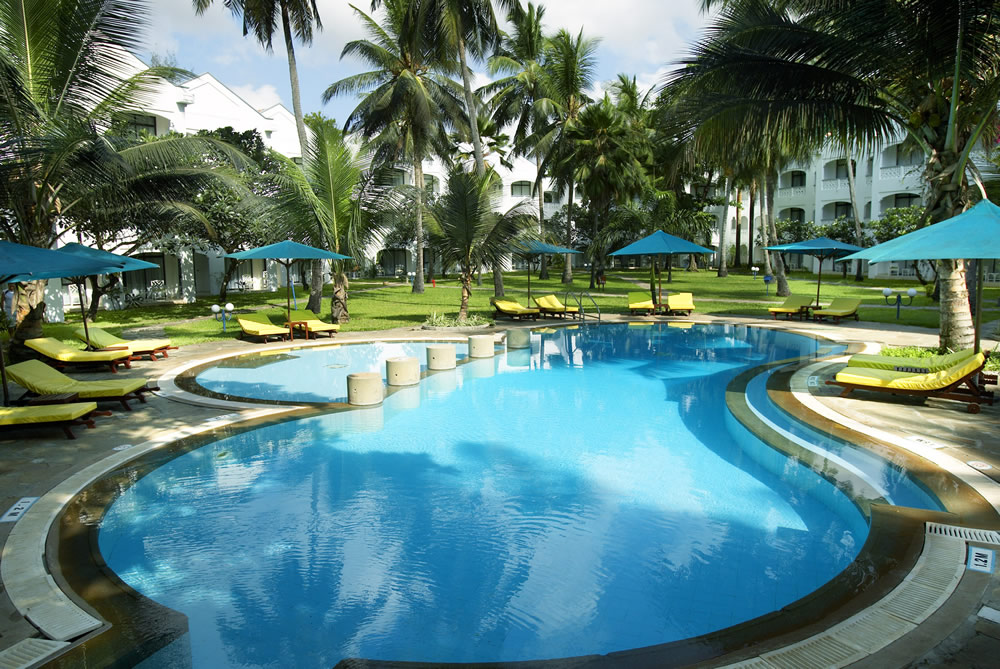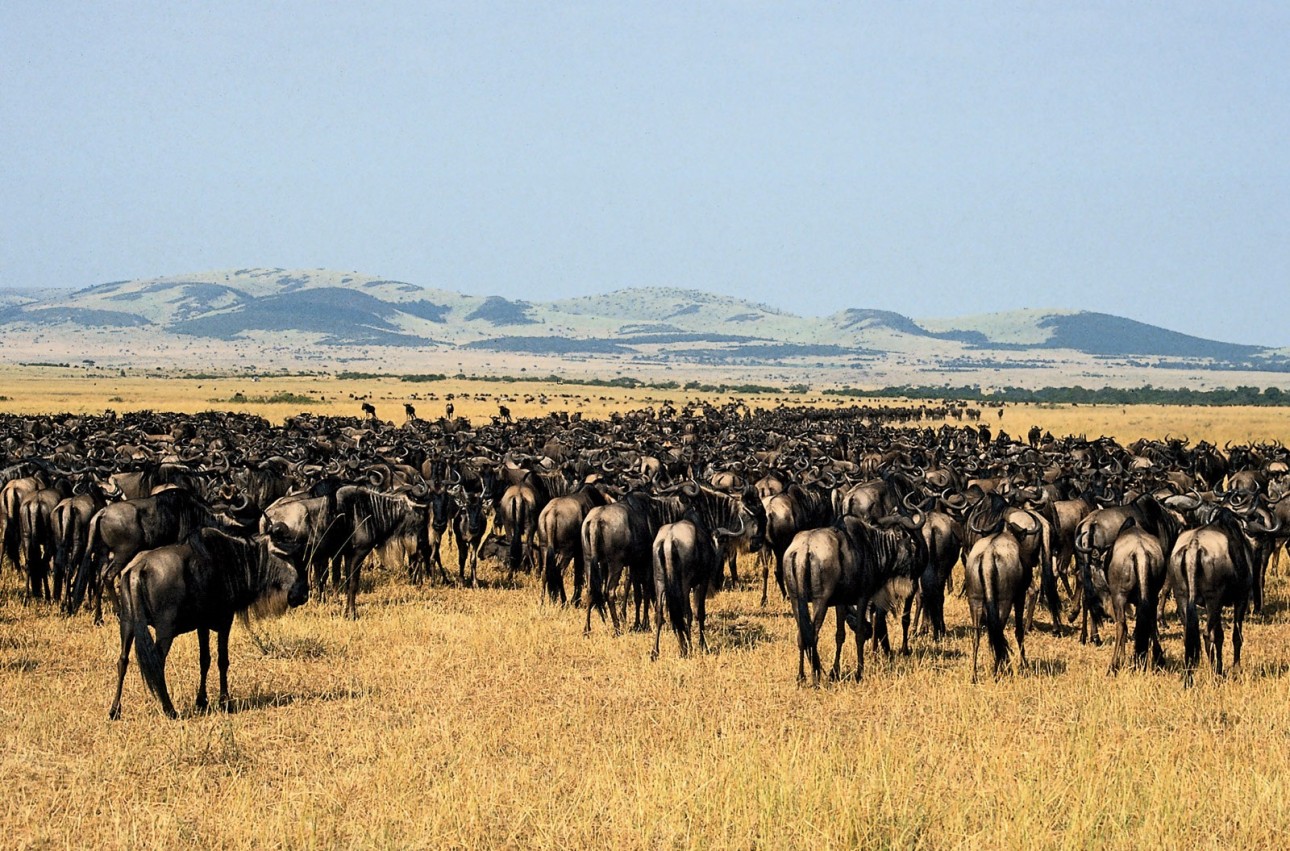
What travelers most enjoyed about Kenya
When to Go
- The best time to visit Kenya depends on your specific interests and the experiences you're seeking. Kenya offers diverse climates and ecosystems, so the ideal time can vary depending on whether you're interested in wildlife safaris, beach vacations, trekking, or cultural experiences. Here are the main factors to consider.
- The best wildlife viewing months in Kenya are during the dry season from late June to October. The wildebeest migration reaches the Masai Mara in July and remains until October when they move back to the Serengeti in Tanzania. Wildlife viewing is good year-round, but this can differ for some parks
- For beach holidays, the best season is from December to February, when temperatures are cooler, and there’s still very little rainfall. This time is typically the best for experiencing safaris if you want to prioritize game viewing and avoid extremely hot temperatures
Month-by-month guide for travelling in Kenya
Lorem ipsum is placeholder text commonly used in site.
Visiting Kenya in February
February is another great month for a Kenya safari, the central highlands are warm in the day and cool in the evening, while the coast is extremely hot in the daytime and temperatures follow suit in the evening. February experiences the lowest levels of precipitation in the Masai Mara, compared to the rest of the year, and the chances of encountering wild species at watering holes is higher. February is where to go in Kenya to conquer Africa’s second highest peak, Mount Kenya.
Visiting Kenya in March
In March, the weather transitions quite quickly from ‘hot and dry’ to ‘wet and rainy’. Rain is commonplace throughout large parts of the country, and the savannah often becomes a muddy landscape - with some areas difficult to visit due to impassible roads. The silver lining to the less-than-ideal weather is that crowds are absent and costs are lower.
Visiting Kenya in April
April is one of the wettest and rainiest months in Kenya. Nairobi and the central highlands are hot in the day and comfortable at night, while Mombasa is hot both in the day and at night. Game drives can be challenging on muddy roads in this month, but it’s a fantastic time for photographers to go on safari. There is no dust, the landscape is lush and beautifully green, and the skies provide moody backdrops for incredible wildlife images. Just be sure to protect your equipment from the elements!
Visiting Kenya in June
The months of June through to October mark the start of the long dry season, which is regarded as the best time to go to Kenya for a truly ‘Out of Africa’ safari experience. The weather is at its best in these dry months, wildlife congregate around water sources, and there is an air of anticipation for the arrival of the Great Migration’s mega-herds into the Masai Mara.
Visiting Kenya in July
Towards the end of July is when the herds of Mother Nature’s greatest spectacle start arriving in the Masai Mara and when you could have a front-row seat to dramatic river crossings. The weather is temperate and dry but not too dusty, and occasional bouts of showers are still possible
Visiting Kenya in August
In August, the Great Migration is at its height. Temperatures are pleasant, and awe-inspiring action can be witnessed when thousands of zebras and wildebeest perform their death-defying river crossings, with hungry crocodiles in wait. The weather is generally dry in September and the game-viewing action continues.
Visiting Kenya in October
As the mercury slowly starts to rise, a few showers are possible. However, it's a lovely time to travel if you want to avoid the crowds but still have excellent game viewing opportunities. The migratory herds are leaving the Mara now, but excellent resident populations remain. All other Kenya destinations are great at this time of year.
Tours and Safaris
We curate a wide range of safari packages to cater to your interests, preferences, and budget.
FAQs about
Kenya
The best time to visit Kenya depends on your interests. The dry seasons (June to October and December to March) are ideal for wildlife safaris as animals gather around water sources. However, Kenya's diverse climates mean there's something to enjoy year-round.
Most travelers to Kenya require a visa for entry. You can obtain a tourist visa online before your trip or upon arrival at the airport. Ensure you check the latest visa requirements and fees based on your nationality.
Kenya is generally safe for tourists, but like any other destination, it's essential to take precautions. Avoid displaying valuable items, stay informed about local news, follow advice from authorities, and be aware of your surroundings. Some regions near the borders with Somalia and South Sudan are less stable, so check for travel advisories before planning your itinerary..
It is recommended to have vaccinations for diseases like yellow fever, hepatitis A, and typhoid before visiting Kenya. Malaria is prevalent in some areas, so consult your healthcare provider about anti-malarial medications and consider mosquito protection measures.
Essentials include lightweight clothing for warm days, a sweater for cool evenings, comfortable walking shoes, a hat, sunscreen, insect repellent, and a good pair of binoculars for wildlife viewing. If you plan to hike or climb, pack appropriate gear.

